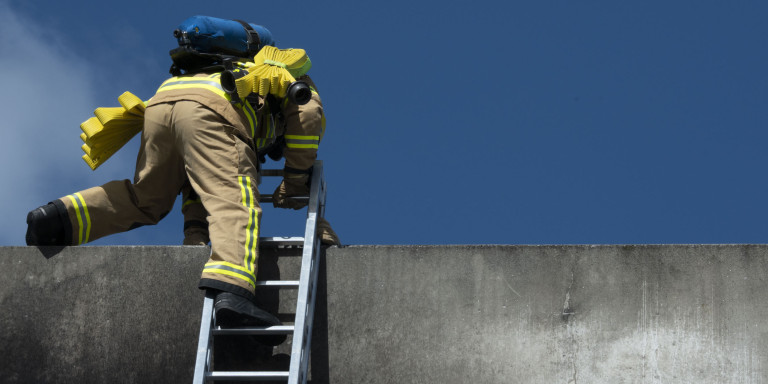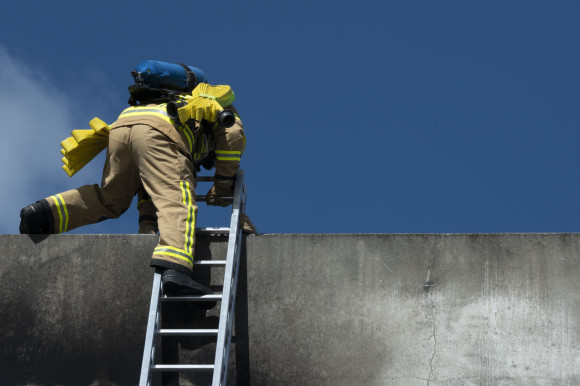Entry requirements
Our communities trust us to show up when it matters. We’re looking for people who have what it takes to join the frontline.
Use this space to note any additional information about your escape plan, i.e. who will assist
Smoke is poisonous and more deadly than flames.
If you breathe smoke for more than a few breaths it can kill you.
A house fire can kill you in less than three minutes.
Don't spend time trying to save possessions.
A closed door buys you time.
It slows down the spread of fire, giving you more time to get to safety.
People have died by going back into a fire.
Don't leave the meeting place to go back inside for any reason.


Our communities trust us to show up when it matters. We’re looking for people who have what it takes to join the frontline.
On this page
First and foremost you'll need:
To care about communities.
Courage.
Commitment.
Compassion.
To be a team player.
A sense of humour.
Selflessness.
Energy.
To want to help.
Fire and Emergency New Zealand has several statutory powers, as well as a position of trust and integrity in public perception. We have a baseline of entry requirements that you must meet to become a Career Firefighter:
Make sure there are no surprises by requesting a copy of your own police check before commencing the application process. The Ministry of Justice website has information on getting a copy of your criminal record (external link).
The below information is for applicants who want to join Fire and Emergency but have a criminal conviction. It does not cover all situations and should be used as a guide only. Each situation will be assessed on merit.
You will not be able to join Fire and Emergency if you have:
You will not be able to join Fire and Emergency if you have been convicted of any of the following in the last seven years:
If you have one conviction, for any crime other than those listed above, and the sentence was not imprisonment, the conviction is unlikely to prevent you joining Fire and Emergency.
If you have received one conviction in the last five years, but were given a prison sentence, it is unlikely that you will be able to join Fire and Emergency.
If you have received more than one conviction in the last five years (regardless of the sentence) you are unlikely to be able to join Fire and Emergency.
Parking and speeding offences will not normally affect your application. Unpaid fines will affect your application.
Refer to www.Justice.Govt.NZ/criminal-records/clean-slate (external link) to see if you meet the ‘Clean Slate’ criteria.
During the recruitment process you will be assessed against medical standards that are in line with the requirements of operational firefighting. There are some medical conditions that could place you, your crew, or the public at risk.
All applicants will be required to complete a comprehensive Fire and Emergency New Career Recruits medical examination with their regular General Practitioner as part of the recruitment process.
There are several medical conditions that are incompatible with firefighting, these conditions are summarised below. If you have any of these conditions, you will most likely be unsuitable for firefighting.
Decisions on medical suitability are made by Fire and Emergency, after review of the specific individual details by an Occupational Health Specialist. Fire and Emergency cannot make a decision on your occupational medical fitness for a firefighting role, without a full medical assessment.
This is not an exhaustive list and each medical assessment will be considered on its own merit.
If you have any concerns about a medical condition please contact one of our recruitment team at screening@fireandemergency.nz.
Due to the large number of applicants from within New Zealand, we do not sponsor overseas applicants.
Australian citizens can work freely in New Zealand. Please refer to the New Zealand Immigration Service (external link) for further information.
Please note at this point there is no procedure to recognise prior learning from other fire services in terms of lateral entry or progression.